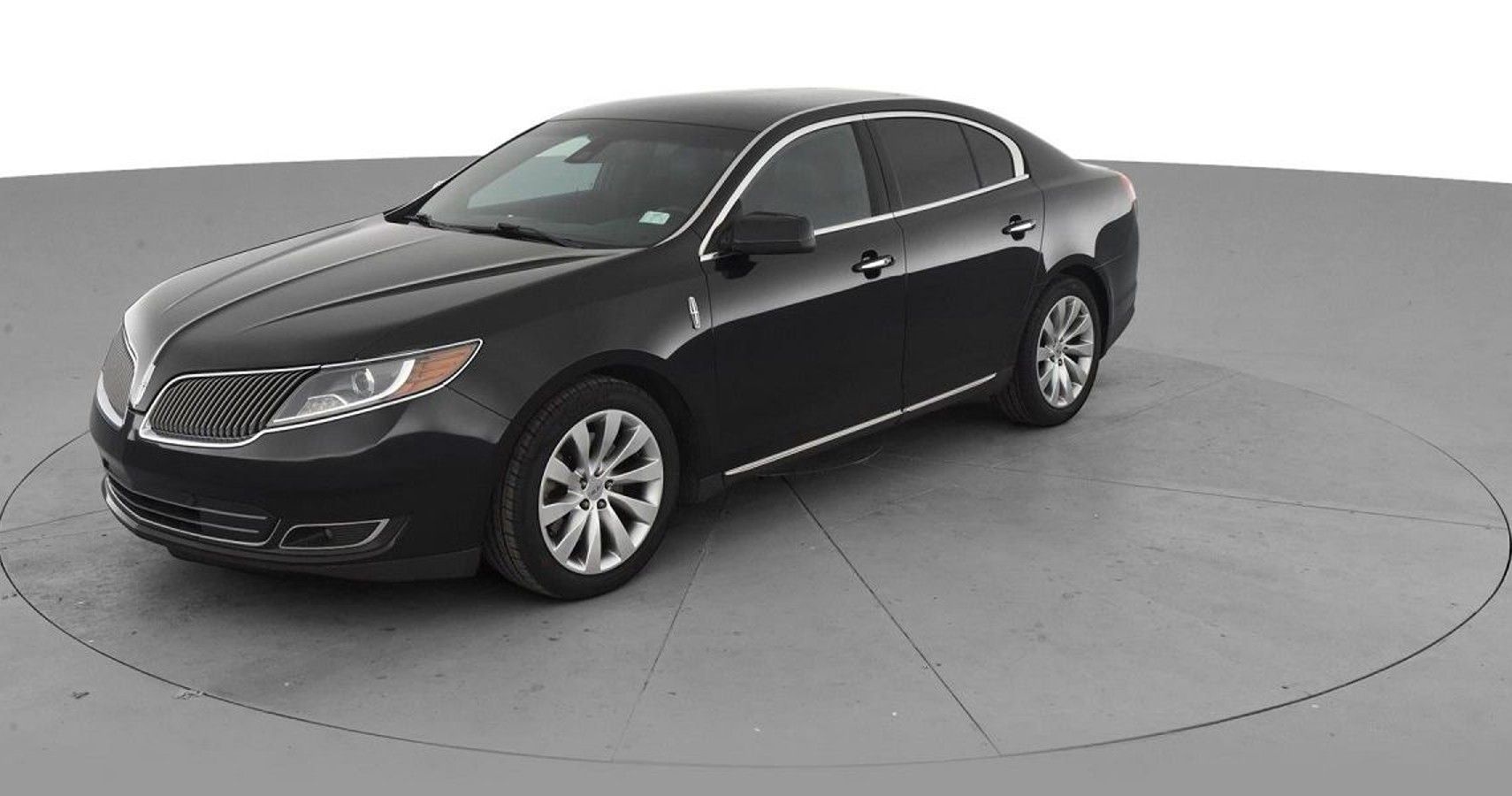If Carvana had played its cards correctly, it might have been a market monster comparable to Amazon in the U.S. or Alibaba in China. That it didn't is the problem. Everything was in Carvana's favor, which only serves to highlight how terrible the result is. During the pandemic, even consumer segments that traditionally were not interested in online retail discovered digital technology. Used car dealers had to close their brick-and-mortar locations. And buyers received stimulus checks they could use as a down payment for a used car. Basically, the entire universe conspired in favor of Carvana, and for a while, it worked.
The online used car retailer transformed the purchasing process, and for a short period, it appeared as though it may control the market. Everywhere you looked, there were references to Carvana in television and radio advertisements. The retailer spent a lot of money on marketing, and it attracted buyers. But then news broke of endless legal problems. In Florida, for example, the online used car retailer consistently violated the state's law by failing to transfer titles to buyers within the allotted 30 days. The allegations include multiple instances where Carvana forced customers to wait more than 100 days, and in one instance, 253 days, to obtain a title.
Attorneys brought two different class lawsuits against Carvana for failing to provide the consumers who bought the automobiles with permanent registration. According to the lawsuit, Carvana failed to “timely register” the cars, and even more shockingly, sometimes this happened for a period “exceeding two years.”
Residents in Pennsylvania and Maryland who had negative experiences with Carvana stated they were unable to lawfully drive their vehicles. This happened because Carvana issued them temporary tags that were frequently going out of date and getting them in trouble with the law. However, these weren't the only issues that Carvana had to deal with.
Carvana Has More Troubles Ahead
Carvana has succeeded in enraging and grating shareholders, customers, the government, and investors. However, given the never-ending legal disputes, scandals, and controversies that keep arising, this is hardly surprising. Everything that might go wrong at Carvana has already occurred, including dishonest business practices, delays, and incomplete paperwork.
According to a report from Schubert Jonckheer & Kolbe LLP from October, the firm was looking into potential derivative claims filed by Carvana Co. stockholders about alleged wrongdoings by certain members of the company's officers and directors. And in 2020, Forbes reported that Ernie Garcia II and his son, Ernie Garcia III, the power duo behind the online used car retailer, were also accused of insider trading in a lawsuit filed in Delaware by shareholders. Given the long chain of controversies, it is understandable that various states have suspended Carvana’s license for multiple violations.
Meanwhile, investors and shareholders are furious because the stock is in free fall, plunging 97 percent in 2022 after hitting an all-time intraday high of $376.83 per share on August 10, 2021. Carvana's executives chose to fire 1,500 employees, or 8 percent of the company's workforce, in response to the company's current status. And in an internal message headlined “Today is a Hard Day,” Carvana CEO, Ernie Garcia, mostly blamed the economy for the company's problems. According to CNBC, the email lists a number of economic challenges, such as rising financing costs and a delay in buying a car. Garcia says Carvana “failed to accurately predict how this would all play out and the impact it would have on our business.”
The Risk Of Bankruptcy Has Increased For Carvana
Executives at Carvana may believe that cost-cutting measures would prevent the company from going bankrupt, but in reality, economic headwinds will likely deal the company the death blow. Additionally, the online used car retailer did little to regain consumer trust, and as a result, the never-ending scandals have resulted in a major reputational disaster. Meanwhile, investors are still unconvinced that the company can turn things around and meet its financial goals; thus, all stakeholders remain disgruntled.
On top of that, the demand for used cars is declining due to recessionary fears. Several studies show consumers are cutting back on spending for big-ticket items as inflation and higher interest rates are stretching buyers thin. In November, used car sales fell 10 percent year-over-year and 1 percent from October, according to a Cox Automotive analysis. Naturally, if the Fed continues raising interest rates, borrowing would become even more expensive, which would discourage consumers from purchasing vehicles. In a nutshell, Carvana might prevent a total collapse in 2023, but in order to do so, it will need to take much more drastic measures than just simple cost-cutting measures.
Sources: WFLA, 6abc, WAFB9, the Wall Street Journal, PR Newswire, Forbes, CNBC, and Cox Automotive



